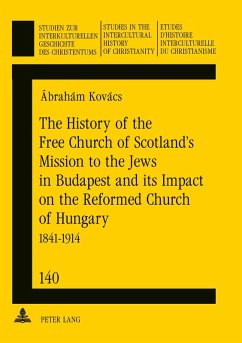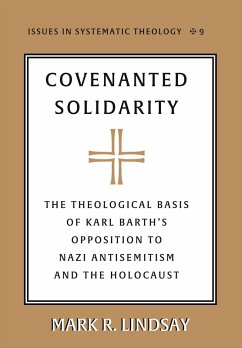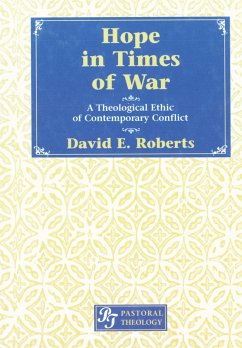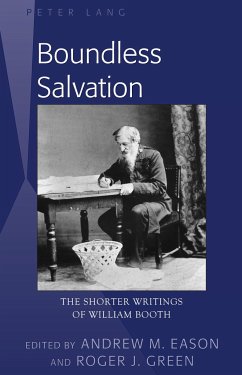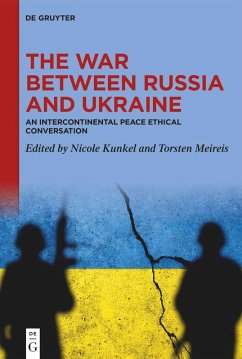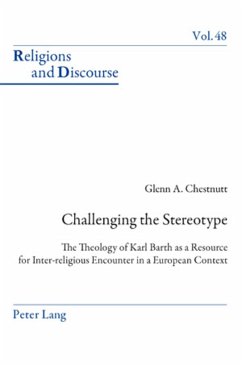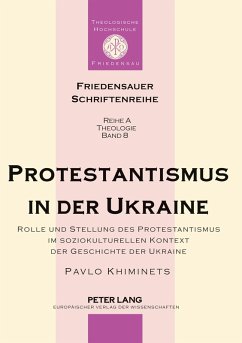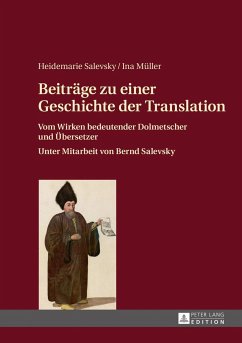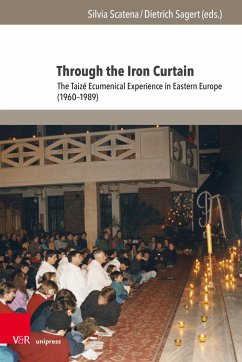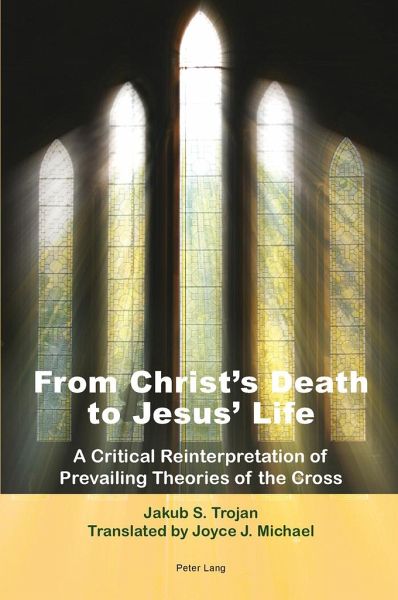
From Christ's Death to Jesus' Life
A Critical Reinterpretation of Prevailing Theories of the Cross- Translated by Joyce J. Michael
Versandkostenfrei!
Versandfertig in 6-10 Tagen
81,70 €
inkl. MwSt.

PAYBACK Punkte
0 °P sammeln!
This book began to materialize in the 1960s and 1970s during clandestine seminars organized by the author for Czechoslovak thinkers who dared to ponder theological questions during the communist era. It therefore provides a revealing glimpse of some of the issues that were of concern to people living under the domination of both the Nazi and communist regimes. This aspect of the book is evident in its emphasis on questions of theodicy which are raised by the idea that Jesus' death was initiated by God. At the same time, the book is very much concerned with contemporary issues. By analyzing tra...
This book began to materialize in the 1960s and 1970s during clandestine seminars organized by the author for Czechoslovak thinkers who dared to ponder theological questions during the communist era. It therefore provides a revealing glimpse of some of the issues that were of concern to people living under the domination of both the Nazi and communist regimes. This aspect of the book is evident in its emphasis on questions of theodicy which are raised by the idea that Jesus' death was initiated by God.
At the same time, the book is very much concerned with contemporary issues. By analyzing traditional understandings of the cross held by a number of prominent theologians, the author seeks to address the fact that classic theories of the atonement do not speak in a compelling way to today's secularized, post-Christian milieu. After examining perspectives that place central emphasis on the salvific consequence of Jesus' death, the author presents his own views regarding the significance that Jesus' life may have for the present age. He challenges his readers to venture a living interpretation of Scripture and explores the possibility that God's plan of salvation is most faithfully represented by the compassion and justice that Jesus modelled throughout his entire life.
At the same time, the book is very much concerned with contemporary issues. By analyzing traditional understandings of the cross held by a number of prominent theologians, the author seeks to address the fact that classic theories of the atonement do not speak in a compelling way to today's secularized, post-Christian milieu. After examining perspectives that place central emphasis on the salvific consequence of Jesus' death, the author presents his own views regarding the significance that Jesus' life may have for the present age. He challenges his readers to venture a living interpretation of Scripture and explores the possibility that God's plan of salvation is most faithfully represented by the compassion and justice that Jesus modelled throughout his entire life.





